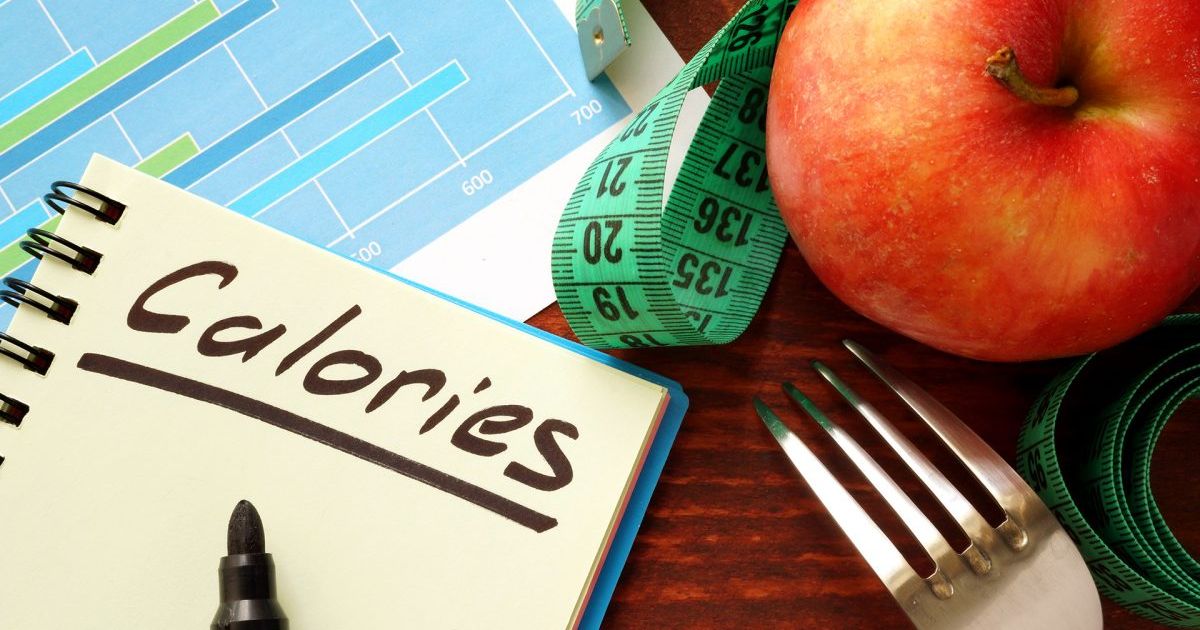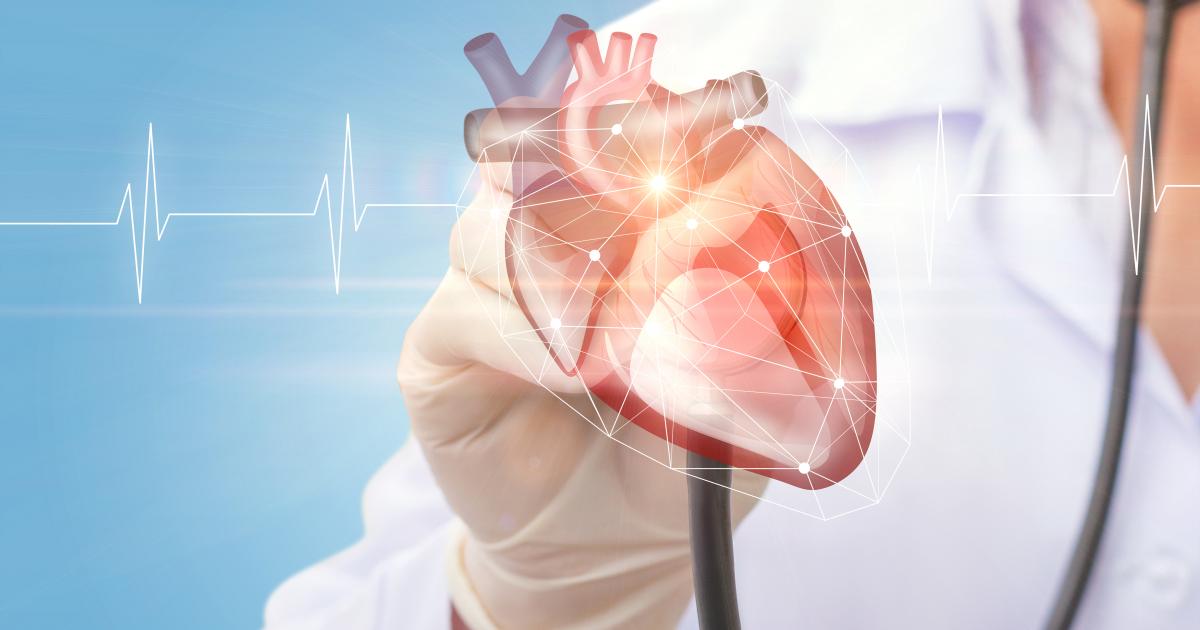Important Health Benefits You Can Get From Donating Blood
Calorie Burn

On average, individuals burn 650 calories during the blood donation process, which is equivalent to the number of calories burned during an average spin class. For this reason, donors must meet minimum weight and age requirements to ensure they can give blood safely. For example, the American Red Cross recommends donors be at least sixteen years old and weigh at least 110 pounds. The body replaces the volume of donated blood within forty-eight hours, a process some individuals describe as an 'oil change' for their body because the surge in new blood allows muscles and organs to function more effectively. Blood donation should never be used as a strategy to lose weight, but the opportunity to burn some extra calories is still a benefit of blood donation most do not expect.
Reduced Risk Of Heart Disease

An excessive build-up of iron in the body can be dangerous for an individual's cardiovascular health. Donating blood can help individuals who consume foods rich in iron limit the build-up and oxidation of iron in the body, which has been linked to heart attacks and strokes. Research published in the American Journal of Epidemiology in 1998 suggests blood donation is associated with a lower risk of cardiovascular problems, such as heart attacks, because of reduced iron stores in the body. It also provides evidence indicating regular blood donors are eighty-eight percent less likely than nondonors to have a heart attack.
